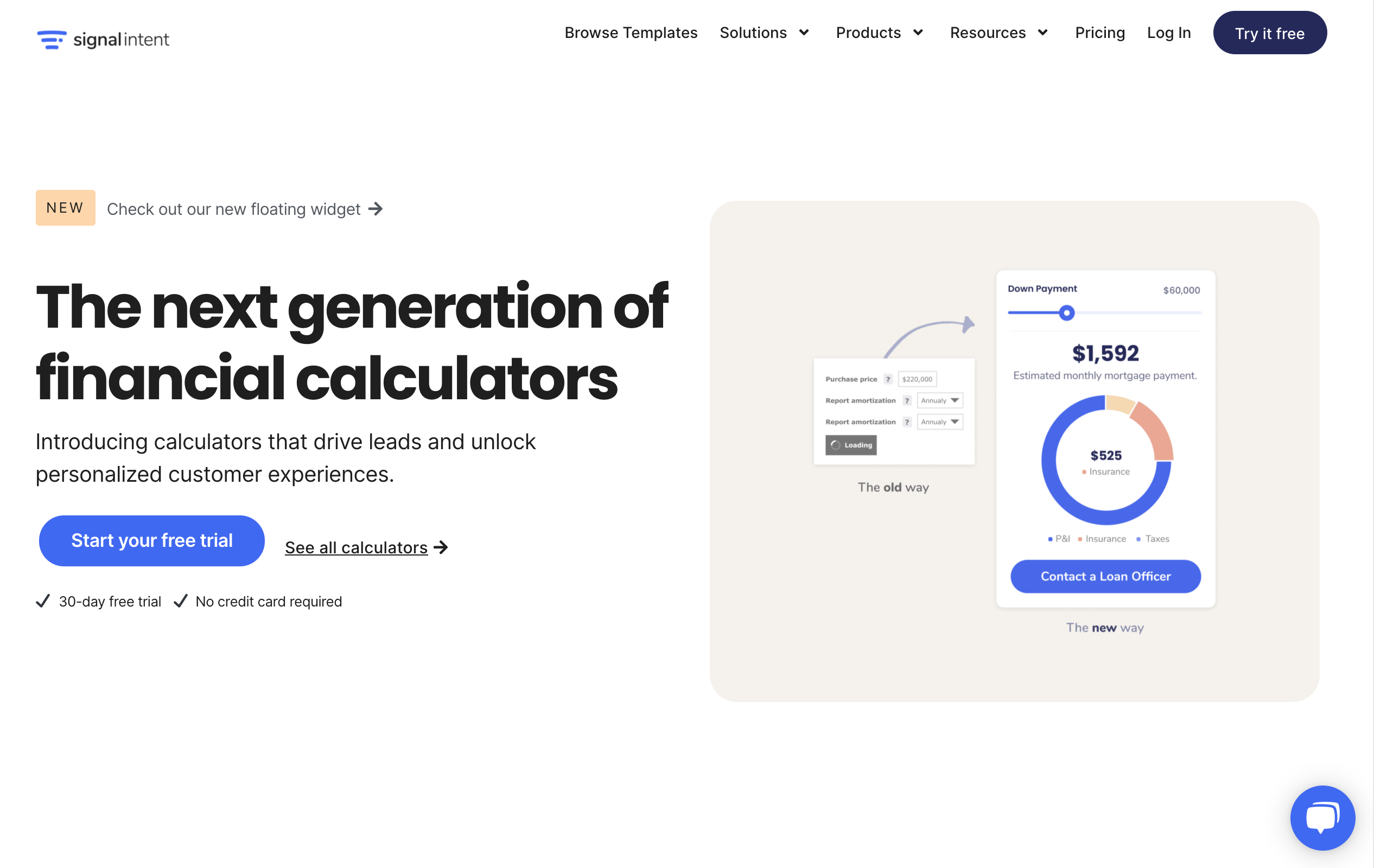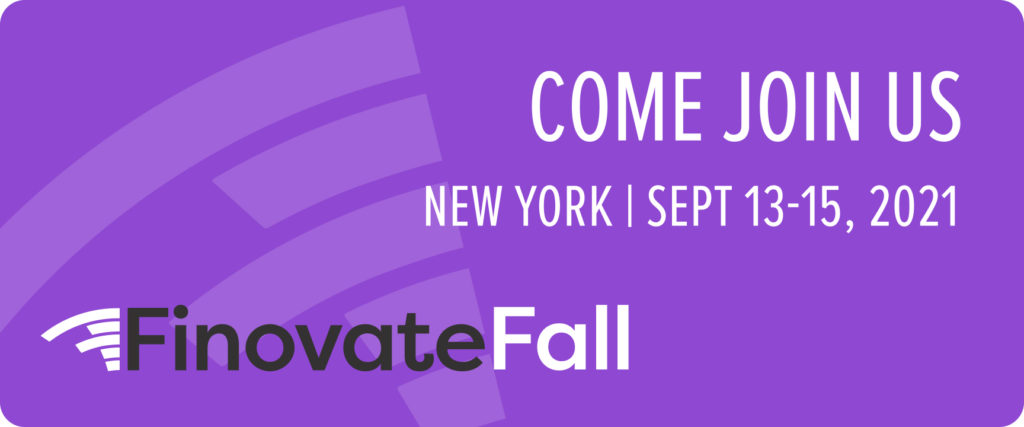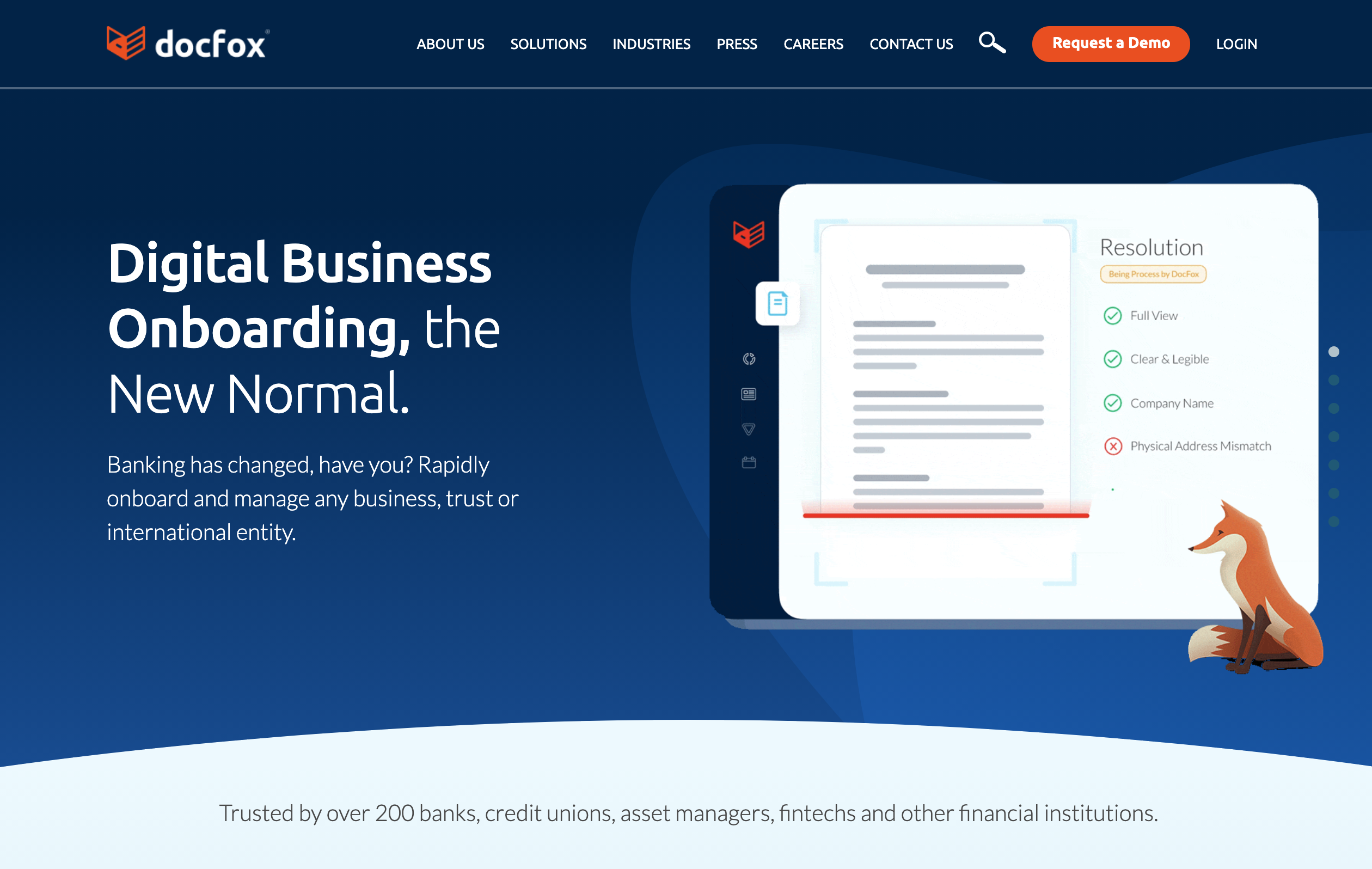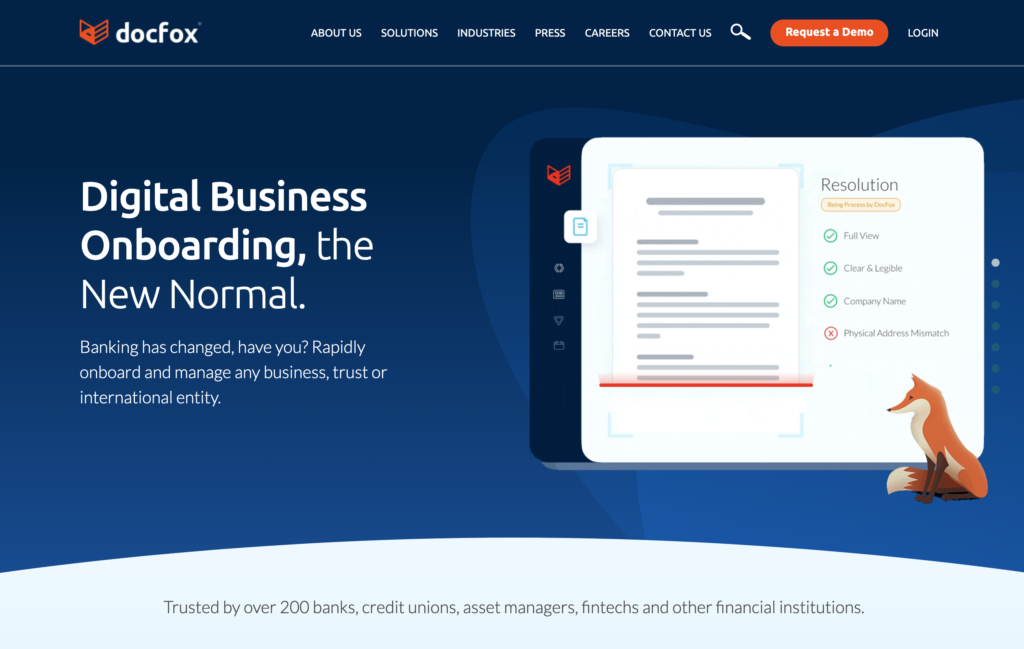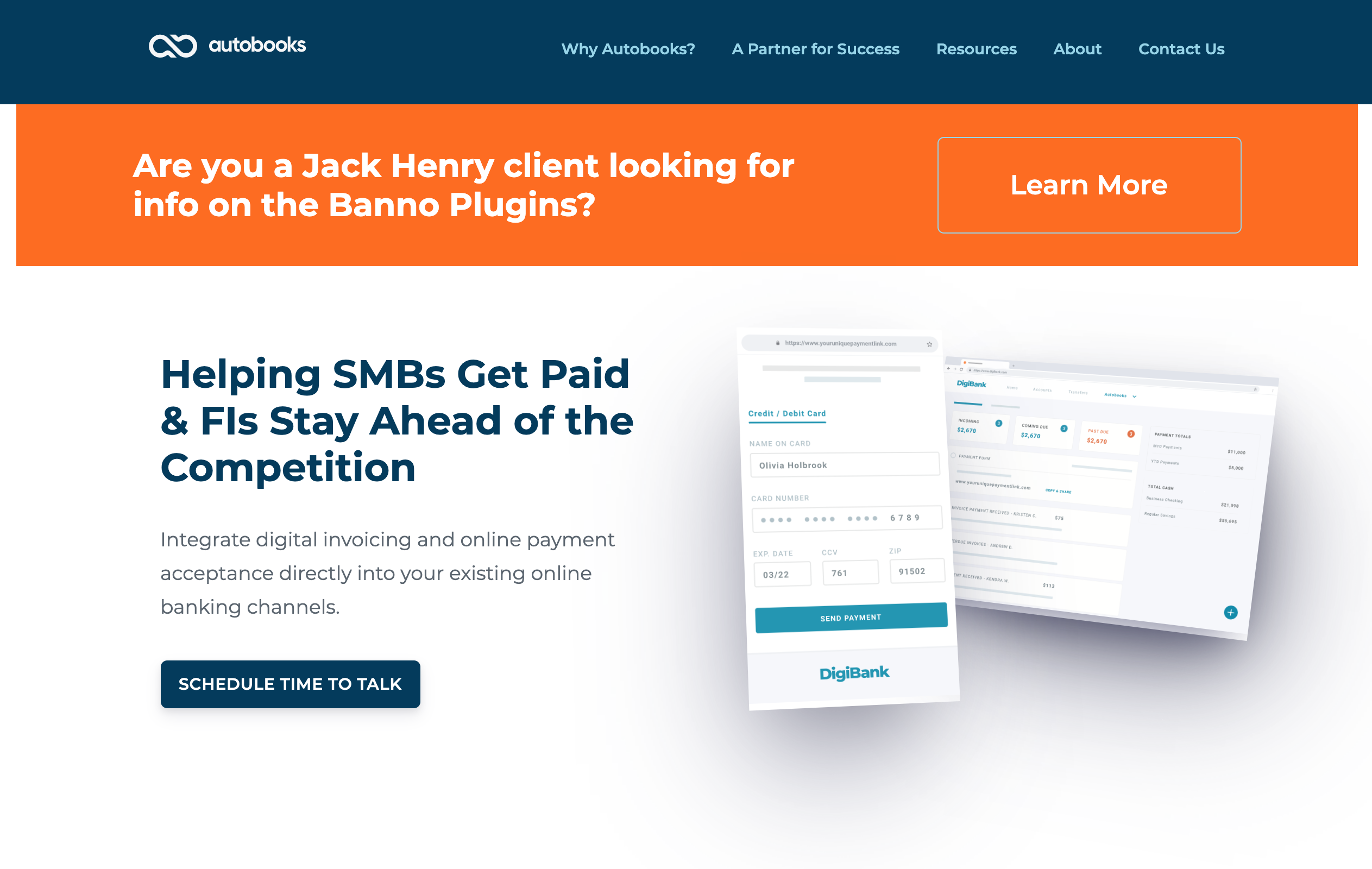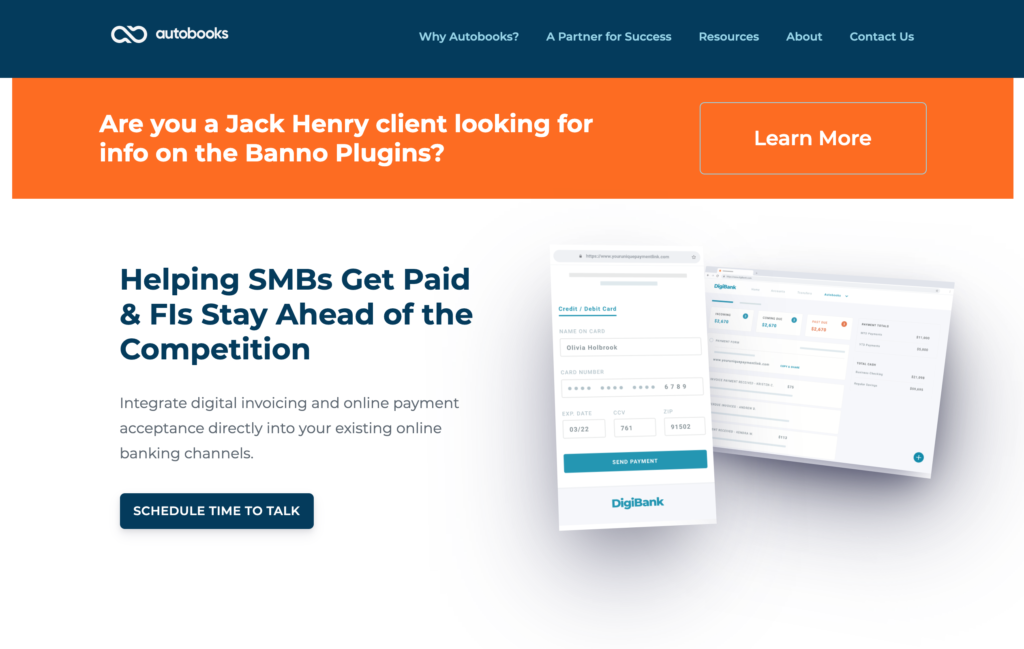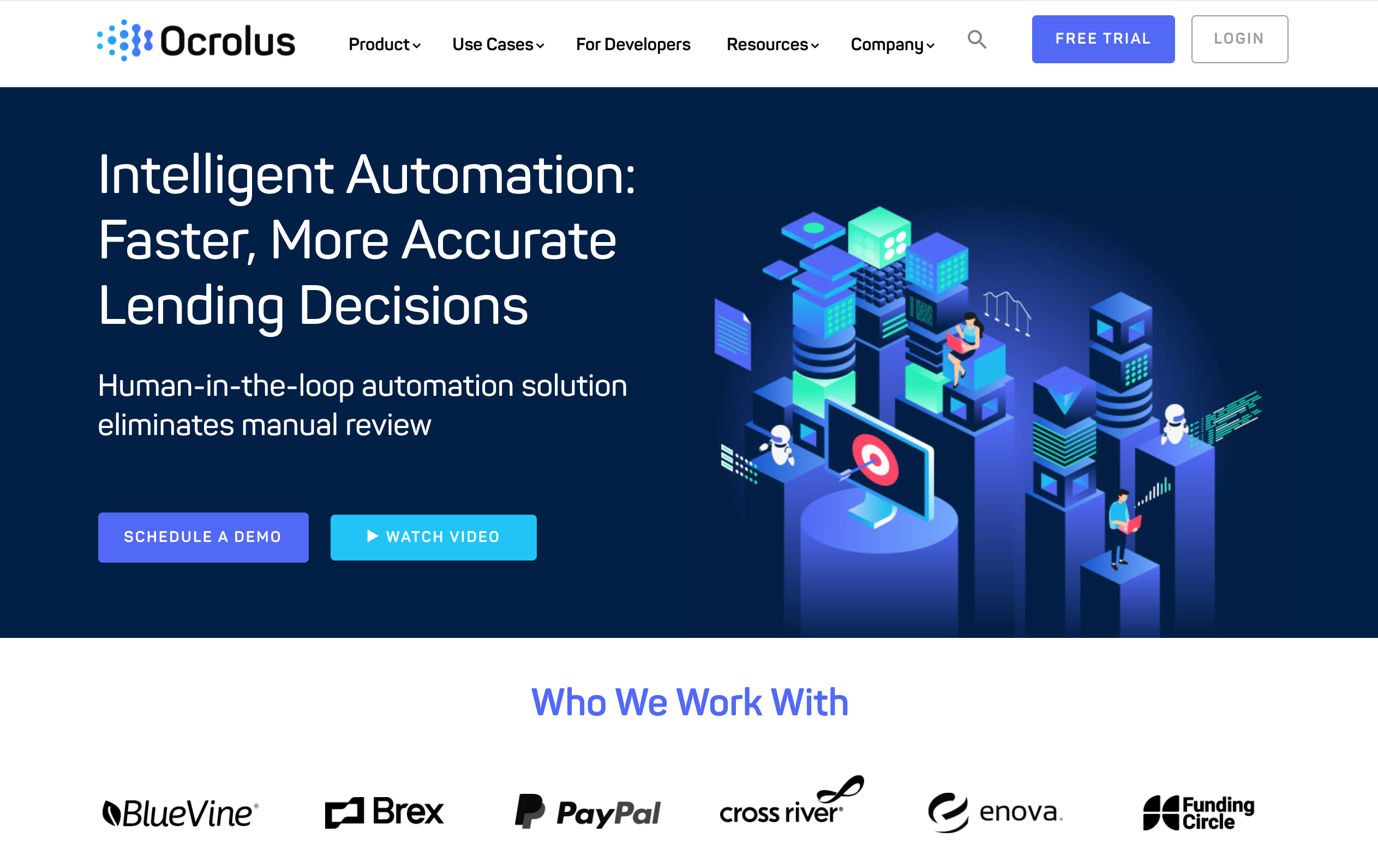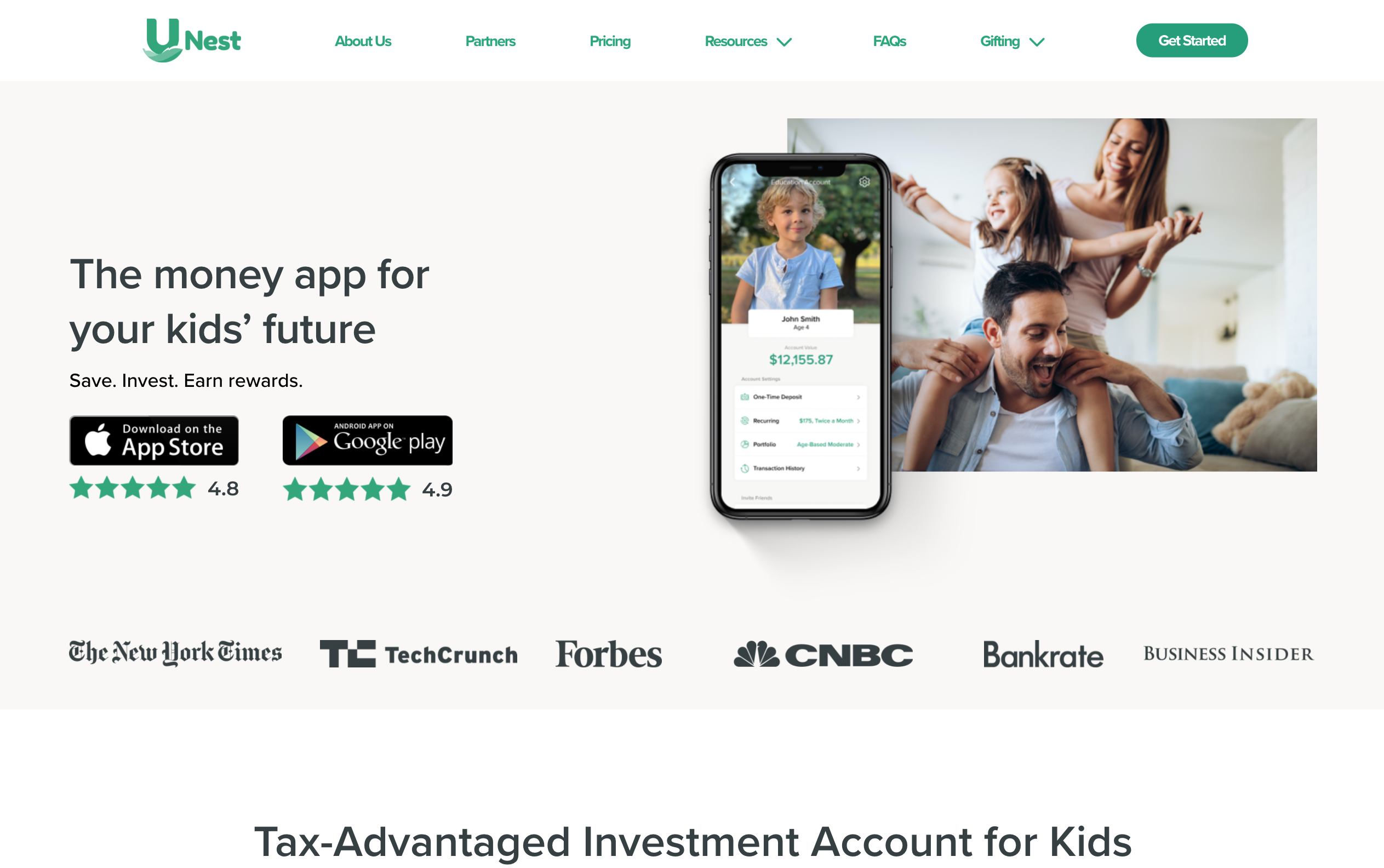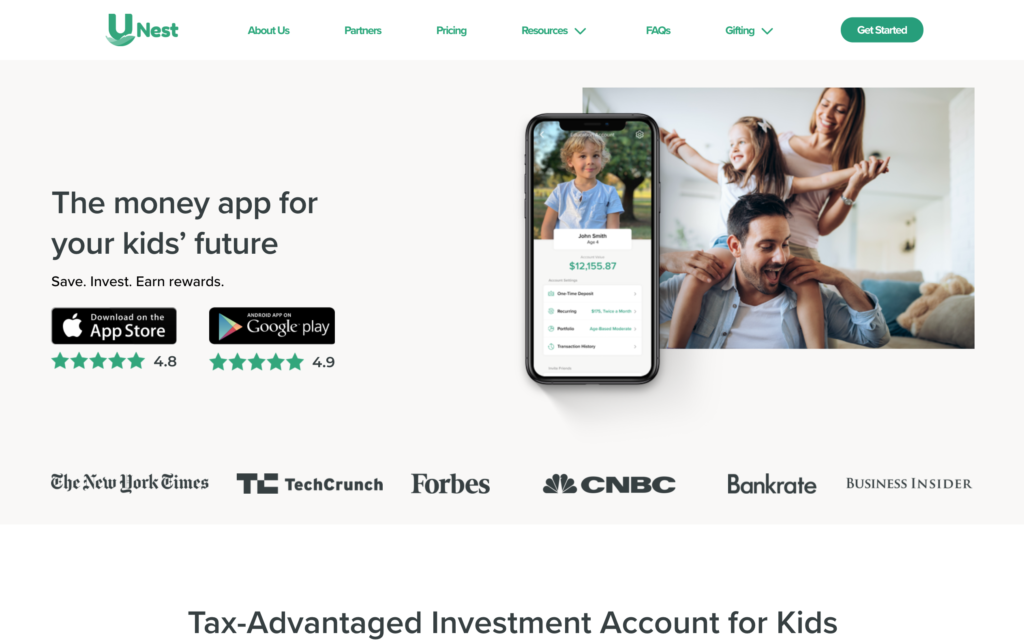
Courtesy of Blackhawk Network, championship-winning professional athletes aren’t the only ones headed to Disneyland. The branded payments solution provider announced late last week that it is leveraging its proprietary ScanIt solution to power retail ticket purchases using QR codes. Moreover, among the first customers of this new offering is none other than Disneyland, which will offer QR code ticket sales in major retailers throughout the state of California.
“Shoppers’ comfort with QR codes exploded in the last year,” Helena Mao, VP of global product strategy at Blackhawk explained. “Now, as consumers return to in-person entertainment, we are pleased to continue the innovation around QR codes with the introduction of entertainment and amusement park ticketing.”
Amusement parks are only one use case of Blackhawk’s technology. The company’s solutions can also be applied to other experiences that have historically relied on paper tickets, such as music concerts, museums, zoos, and other forms of live entertainment. Contactless, QR code-based payments also support the public’s growing preference for purchasing goods and services in the analog world the same way that they do in the digital world. Research conducted by Blackhawk, for example, suggests that 73% of consumers surveyed would prefer “online” payment methods – even when shopping “in-store.”
“Our technology affords retailers the luxury of a content selection that is no longer hindered by physical space,” Mao added. “And it gives shoppers access to a broader selection of digital content, such as e-tickets and digital gift cards, within a convenient purchase experience.”
To this end, Blackhawk Network has spent 2021 forging partnerships with a variety of companies. This year, the firm has teamed up with eGifting company Givingli, supermarket Tops Friendly Markets, digital asset marketplace Bakkt, and apparel retailer UNTUCKit. Most recently, technology from Blackhawk Network has been deployed to enable both PayPal and Venmo bring additional digital payment options to leading supermarket retailer Giant Eagle.
Blackhawk Network was founded in 2001, and has been a Finovate alum for almost ten years. A publicly traded entity on the NASDAQ – under the ticker “HAWK” – Blackhawk Network has a market capitalization of $2.5 billion. This year has featured a number of C-suite changes for the Pleasanton, California-based company, appointing former Google executive Nikhil Sathe as Chief Technology Officer in February, Cory Gaines as Chief Product Officer in May, and David McLaughlin as Chief Financial Officer in June.

